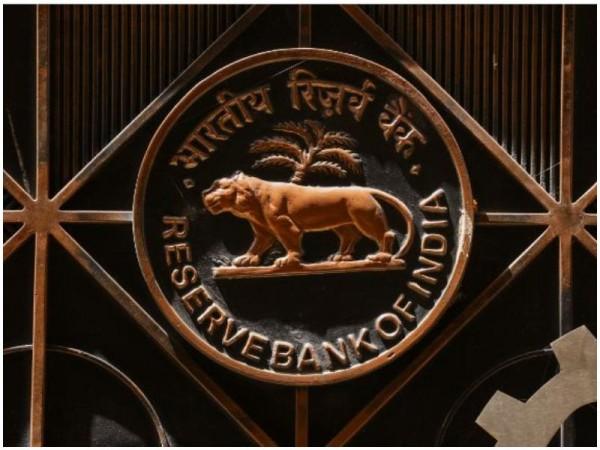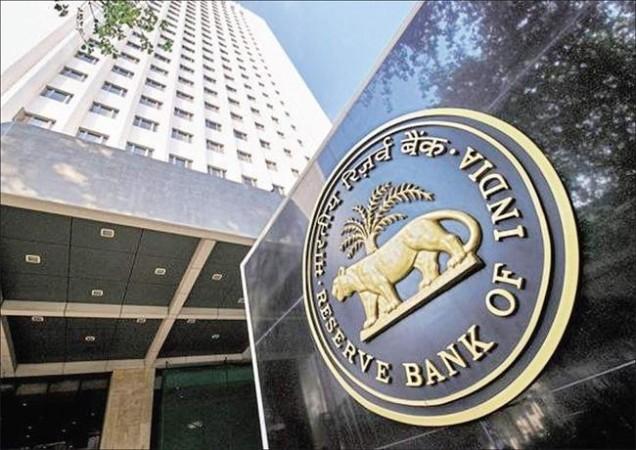
Indian bond traders are urging the central bank to step in as institutional buying decline leads to a spike in yields, posing a risk to monetary transmission, according to market participants on Tuesday.
The benchmark 10-year bond yield has surged by 24 basis points to 6.62% in August, with a significant 22-bp increase over the last seven trading sessions following Prime Minister Narendra Modi's announcement of tax cuts. This move has prompted pension funds and insurers to shift towards equities, while banks have slowed bond purchases due to mark-to-market losses as yields rose.
The market is currently experiencing a "buyers strike", pushing benchmark yields above crucial technical levels, noted traders. As a result, companies like HUDCO and Bajaj Finance have had to postpone planned fundraising endeavors.
VRC Reddy, treasury head at Karur Vysya Bank, emphasized the need for proactive involvement from the Reserve Bank of India and the government to soothe the soaring bond yields. This increase has effectively reversed the impact of 100 bps of RBI rate cuts implemented since February.

A. Prasanna, economist at ICICI Securities Primary Dealership, warned that the recent bond market sell-off has dragged yields back to levels seen at the beginning of the fiscal year, potentially hindering corporate bond borrowing that had shown growth earlier.
Several market participants suggested that even minor open market bond purchases by the RBI could restore sentiment and stabilize yields. Bonds worth over 2.6 trillion rupees ($29.71 billion) are set to mature within the current fiscal year, out of which the central bank holds around 750 billion rupees. Swapping these for 5-10-year maturity bonds could provide banks with some relief during this deadlock.
Investors who had positioned themselves for an easing cycle find themselves grappling with a sudden shift, causing a significant price correction. The swift changes have caught many off guard, creating uncertainty in the bond market.

















